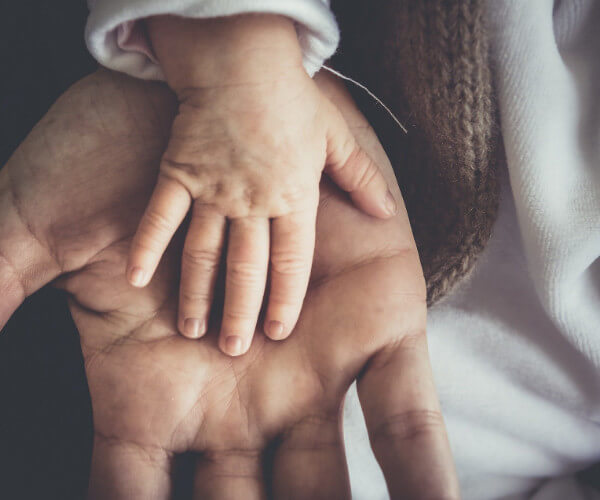How the “Justice for Vulnerable Victims of Sexual Abuse” Act Helps Victims Heal

There’s a massive and ever-widening political divide in the United States right now. It seems like no one can ever agree– but people on both sides of the aisle agree on at least one issue: that sexual abuse of a minor is one of the most egregious acts a person can commit.
What is the state of Arkansas doing about past and present sexual abuse?
Because of the psychological damage and trauma that childhood sexual abuse incurs on victims, it usually takes people a very long time to speak out about their experiences. In fact, many people take multiple decades to bring the issue to light.
Previously, in the state of Arkansas as well as many other states, there was a statute of limitations when it came to seeking justice for past sexual abuse. If a victim took too long to speak out, the statute of limitations would apply, rendering them unable to sue the abuser for compensation.
Because this statute of limitations only served as an obstruction of justice, in May of 2021, the Justice for Vulnerable Victims of Sexual Abuse Act was passed into law.
How did the statute of limitations previously work?
In the past, victims of childhood sexual abuse only had until age 21 to take legal action against their abusers. Unfortunately, because it takes many people a long time to speak out about their abuse, this statute of limitations allowed many abusers to escape consequences.
The Justice for Vulnerable Victims of Sexual Abuse Act– also known as Act 1036– successfully changed the age from 21 to 55. This means that people have until age 55 to take legal action against their abusers.
How exactly does Act 1036 work?
In simple terms, the passing of Act 1036 extends the legal deadline for abuse victims from age 21 to age 55.
The act also introduced a two-year period, in which victims from cases that had previously passed the legal deadline are permitted to revive lawsuits against their abusers.
How does this law help?
Virtually everyone can agree that childhood sexual abuse is inexcusable, and that abusers should face real consequences for their actions.
The previous statute of limitations allowed many people to avoid consequences entirely– meaning that victims not only had to deal with the lasting psychological impact of their experiences, but also live with the knowledge that their abusers haven’t had to atone for their crimes.
Act 1036, the Justice for Vulnerable Victims of Sexual Assault Act, creates an opportunity for victims of childhood sexual abuse to seek justice and sue their abusers for financial compensation.
Although this financial compensation can’t erase the trauma of the past, winning a lawsuit against an abuser can be healing for victims of abuse. Suing abusers for financial compensation is a method of holding them accountable for their inexcusable actions, and it’s a step forward in the healing process for victims.
It’s not too late.
If you or a loved one have been the victim of childhood sexual abuse, it’s not too late to hold your abuser accountable.
Suing for financial compensation is an important step for victims, and money from a lawsuit is a symbol of justice and accountability for abusers.
At Digby Law Firm, we’re here to help you seek what you deserve. Give us a call today or reach out to schedule a consultation.
Legal Steps for A Successful Adoption Journey
Adoption is a beautiful and life-changing journey– both for prospective parents, and the child awaiting a loving home. However, if you’re familiar with the adoption process at all, you’re aware of how complicated it can be. It involves several intricate legal steps...
Financial Strategies for a Strong Post-Divorce Foundation
Divorce is undeniably a life-altering event. In just about every case, it takes an emotional toll– and it often has significant financial implications. As you go about the process of navigating your divorce, be sure to have a solid plan in place in order to secure...
Financial Planning in Divorce: The Impact of Child Support
Divorce brings major changes to your life, especially when it comes to financial matters. Among the many considerations during the divorce process, it’s very important to understand the impact of child support on your financial planning. Child support is necessary for...

